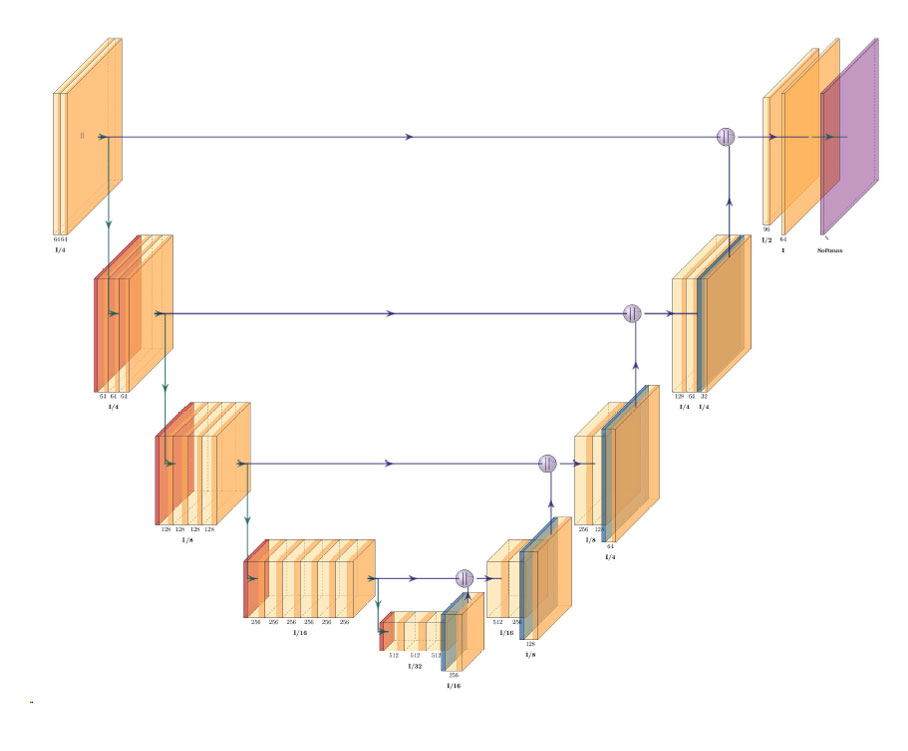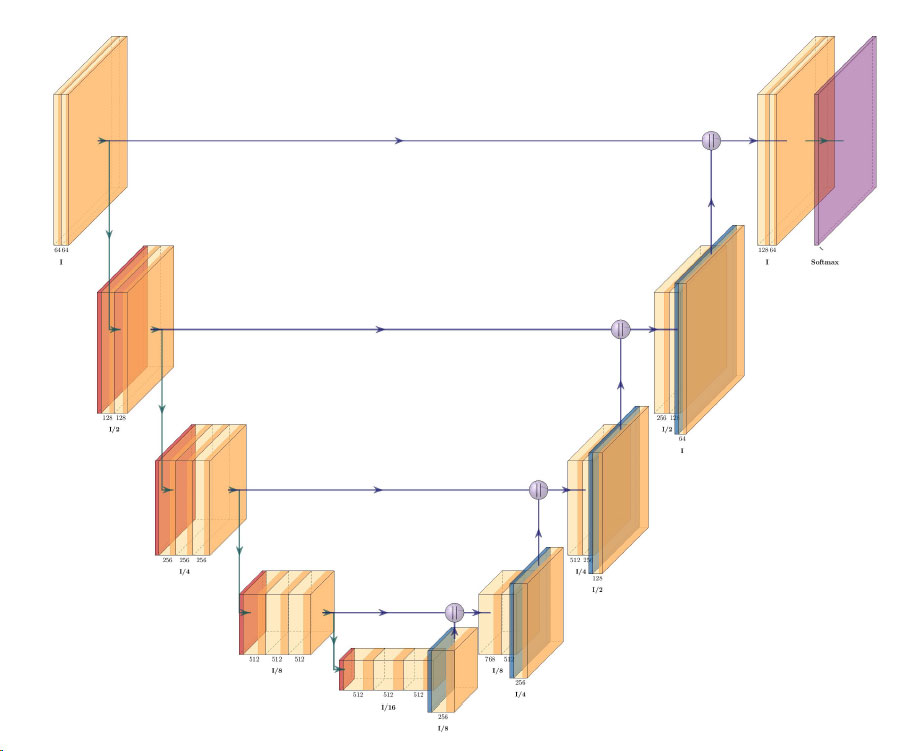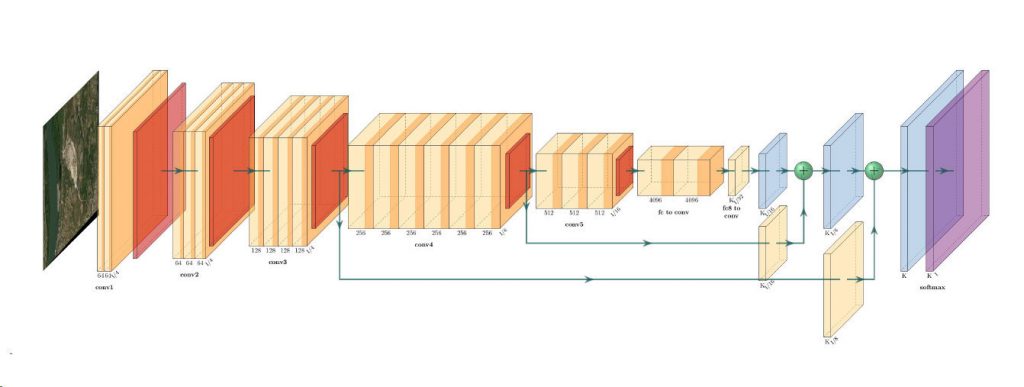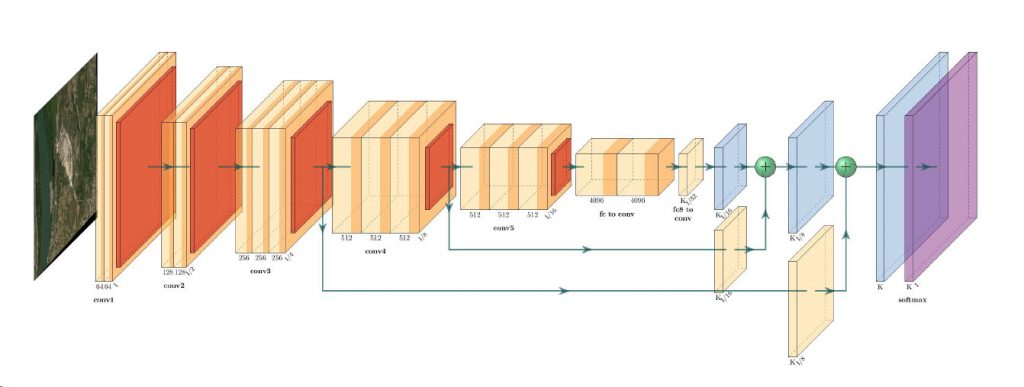Satellite Imagery For
Research
& Education

supporting innovation with the highest quality data
Explore the Past
Browse our archive with billions of square km dating back to 1999
Identify Materials
Locate and classify man-made materials and geologic minerals on Earth’s Surface
Detect Small Objects
See road markings, structural details, animals and individual plants
European Space Imaging offers satellite image data of unmatched resolution and quality. Make sure you are using the best data for your study, so that you get the best results possible. See more than you ever imagined.
Need imagery on a low budget?
We offer an up to 80% discount to qualified projects from academic and research institutes
Detailed Analysis
Very high resolution satellite imagery is clear enough to show road lines, sidewalks, vehicles, small structures and even people. This allows for precise analytics for city development. It is ideal for:
- Studying Traffic Patterns
- Monitoring Animal Herds
- Small Feature Identification
- Verifying Property Lines
- Mapping Road Features
- Precise Calculations
Historical Archive
We have been collecting satellite imagery since 1999, during which time we have amassed an invaluable library documenting changes on the Earth’s surface for the past twenty years. Analysis of this data can yield valuable insights into how the Earth has changed, and how it is likely to change next. Here are some examples of what this archive is being used for:
- Environment monitoring
- Global warming impact assessments
- Urban development monitoring
- Soil losses monitoring
- Disaster impact monitoring
- Forest fire and crime prediction software
- Automated counting of objects such as cars, shipping containers, and houses
- Monitoring present and historical change of glaciers, dams, and rivers
- Detecting illegal activity such as logging and oil spills
MATERIAL IDENTIFICATION
We have access to hundreds of multispectral and hyperspectral band combinations – allowing you to see more of what is actually happening on the ground. Multispectral imagery can assist in building inspection, synthetic material identification, vegetation health analysis and water depth assessment. Short-wave infrared (SWIR) imagery can even see through smoke, detect heat and identify geological minerals.
Everyday innovative discoveries are being made by leveraging the power of multispectral bands.

Download the Latest Edition of INCITE
Seeing Through the Trees: Monitoring Agriculture and Forestry Using Satellite Imagery
The definitive guide to acquiring and using satellite imagery to innovate the agriculture industry.

The Potential of WorldView Legion for the Safety and Security in Europe
In the ever-evolving landscape of global security, satellite imagery has become an indispensable tool for governments, organisations, and businesses worldwide. Many of them are now learning about the new opportunities that the six recently launched Vantor WorldView Legion satellites bring: higher border security, improved maritime surveillance, faster reaction to developing events, and much more.

Beginner’s Guide to Satellite Imagery: 10 Terms You Need to Know
Satellite imagery is an amazing but highly technical field with terms that might be hard to understand, especially for somebody with expertise in a completely different area. That’s why we are explaining the basics of satellite imagery in this article. What’s geolocational accuracy? What is the ideal off nadir angle? How can you see through clouds? Let’s dive right in.

Europe’s Green and Digital Transformations with 25 Years of VHR Satellite Archive Data
Planning Europe’s future without knowing its past is impossible. The European Green Deal, Horizon Europe, the EU Biodiversity Strategy for 2030 and other policies all demand one thing: evidence. Not just today’s data, but years of history that show how our cities, forests, and coastlines have changed.









